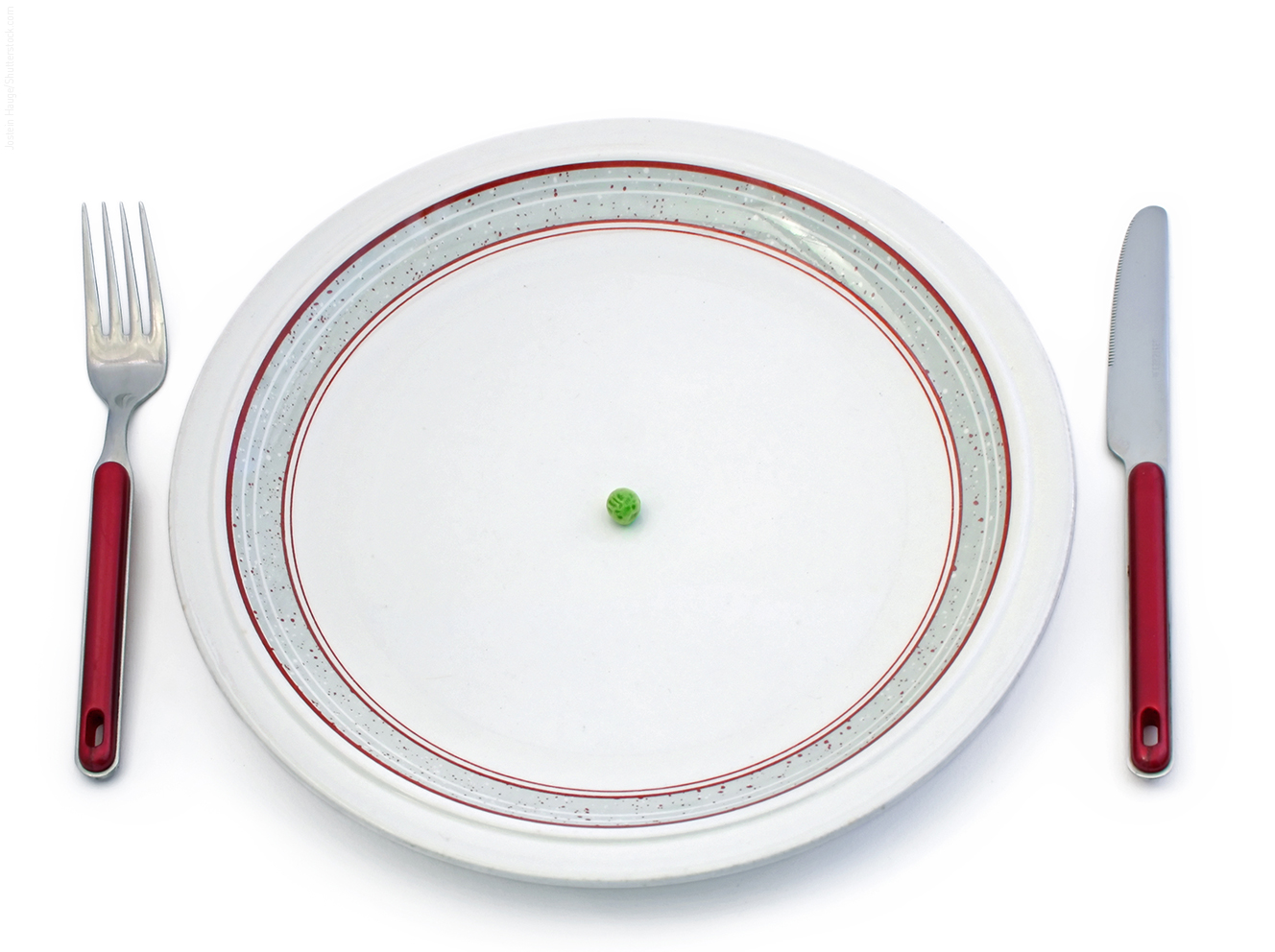Key Takeaways
“Don’t let the idea of a perfect diet make an enemy out of a good one,” is just one of many nuggets of advice from Mass General nutrition specialist, Emily Gelsomin, MLA, RD, LDN. Here she answers questions frequently asked by her patients.
How can I detox?
The short answer is that you can’t really detox, in the sense that taking an occasional pill or drink will reset your body and make it less prone to illness. The most common diseases we suffer from (like obesity, heart disease, and cancer) are complex conditions impacted by genetics, environmental factors and diet. They develop over time, so a quick reboot — while enticing — is unlikely to offer lasting benefits.
That said, regularly eating foods that support the body’s built-in detox process is an evidence-based alternative to unproven supplements. Cruciferous vegetables, for instance, are a source of compounds called glucosinolates. They have been shown to help destroy cancer-causing compounds in the body and are found in Brussels sprouts, kale, watercress, cabbage, broccoli and cauliflower.
Research shows diets high in these plants may reduce cancer risk, improve cancer survival, and decrease likelihood of early death from heart disease. But having broccoli once a week won’t cut it. I recommend including these foods in meals you already enjoy — this could range from adding chopped kale to pasta and soup, to supplementing salads with shredded cabbage or mixing cauliflower into rice dishes.

Should I try intermittent fasting instead?
It depends. I do not recommend alternate-day fasting, which has you restrict eating on some days and eat liberally on others. It hasn’t been shown to be universally better than simply reducing calories in improving health using markers like insulin sensitivity, body fat, and blood pressure. But even if it did show a consistent advantage, I probably wouldn’t recommend this strategy for most — eating is an important social activity, which can make this type of fasting difficult (and sometimes psychologically detrimental) for us humans.
There is another type of fasting called time-restricted feeding, which limits eating to a specific number of hours per day — often 8 hours (for instance, eating between 9 AM and 5 PM). The body’s ability to digest food is affected by circadian rhythms and tends to be more efficient in the morning, so there is an advantage to shifting intake earlier in the day. Nighttime snacking is also a common struggle and if this approach helps curtail late-night eating … that’s great. But this doesn’t necessarily target why people snack in the evening.
In short, if something is hard to stick to, it doesn’t matter if research suggests it works. If you think you’d like to try a form of fasting, I’d recommend discussing it with a medical provider.
What about carbs?
We need them! Most of the foods associated with reducing disease risk are carbohydrates. This includes fruits, vegetables, and plant-based proteins, like beans and lentils. Remember the “strive for 5” campaign? Recent research still suggests that people who eat five servings of fruit and vegetables per day have a lower risk of death from cancer and cardiovascular disease. Diets that include whole grains, like oatmeal, and legumes (e.g. beans) also show decreased risk of death from chronic disease. Not all carbs are equal though. Higher intakes of potatoes and fruit juice — even the 100% fruit kind — don’t necessarily show similar benefits. Studies also show that diets high in sugar and refined grains (like, say, crackers) are associated with more inflammatory compounds in the body and a higher risk of stroke and heart disease.

What are your favorite weeknight recipes?
This is an important question that brings the reality of nutrition research into focus. I have a one-year-old and these days my love of cooking is cast aside if I can steal an extra 30 minutes of sleep. Instead of turning to takeout, we make this recipe when our fridge is vacant. We will also prep a quick dinner that involves canned sardines, rice, and salad greens with a dressing made of lemon juice, grated garlic, and soy sauce. I realize sardines may be a tough sell and suspect canned salmon or tuna would also work, as would edamame or chickpeas.
Don’t let the idea of a perfect diet make an enemy out of a good one. These recipes include some refined carbs (white rice and pasta) and they also include beneficial components like leafy greens, beans, and fish. This is the reality of what supporting your health may look like at 6 PM on a Tuesday. I can’t overemphasize the power of keeping a box or bag of mixed greens on hand. You can add them to almost any meal. Meal plans are often useless, but a little planning is indispensable.

Emily Gelsomin, MLA, RD, LDN, is a senior clinical nutrition specialist at Massachusetts General Hospital. As a registered dietitian, she counsels on medical nutrition therapy on an outpatient basis and is co-director of Be Fit, the hospital’s employee wellness program.
Jointly sponsored by The Clubs at Charles River Park and MGH Nutrition and Food Services, the 10-week program focuses on helping participants “Be Fit and Eat Right.” Every ten weeks, employees from different departments within the hospital compete with each other as they make a commitment to Be Fit. Through the creation of a social environment at the workplace, participants are supported to make progress in personal lifestyle changes with the help of a unique support system that includes a dedicated nutritionist and personal trainer.
Be Fit strives to create a milieu of wellness that extends beyond the 10-week curriculum by offering features to those who are not part of the intensive program. This includes the creation of Choose Well, Eat Well, a rating system designed to help both employees and patients increase awareness of healthy choices at retail eateries within the hospital. They also publish a timely nutrition tip each month.



